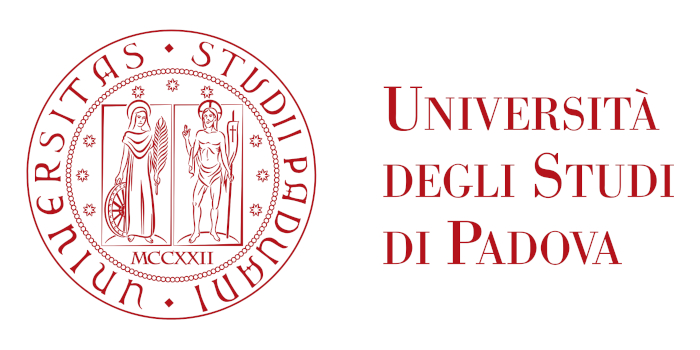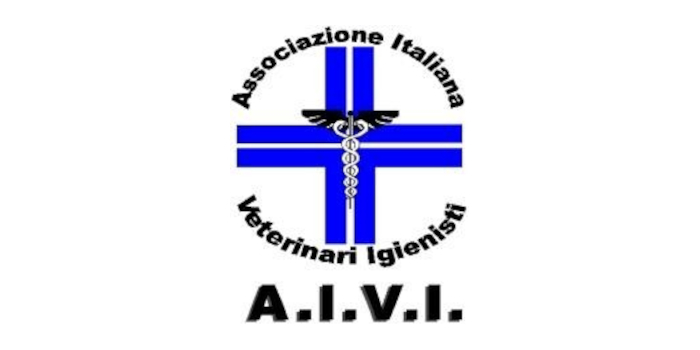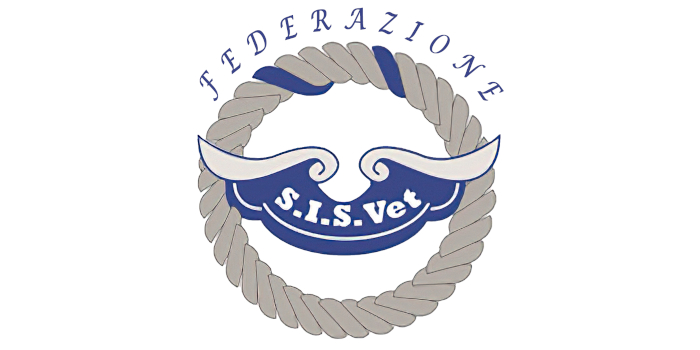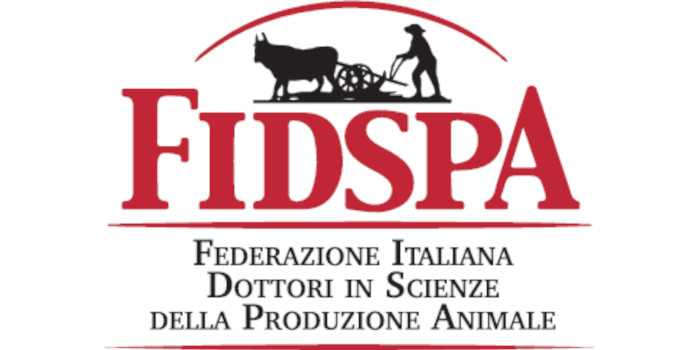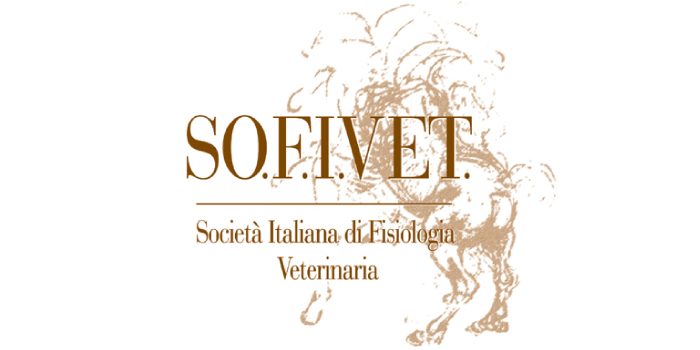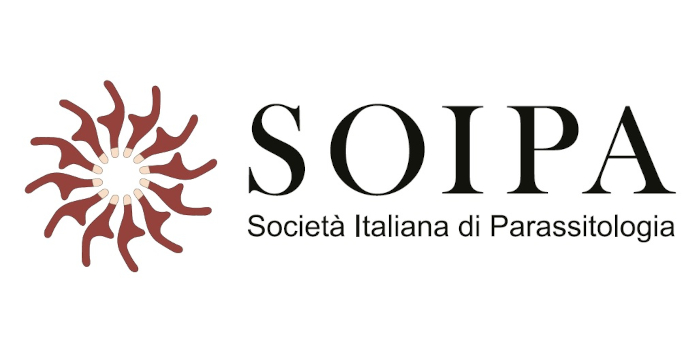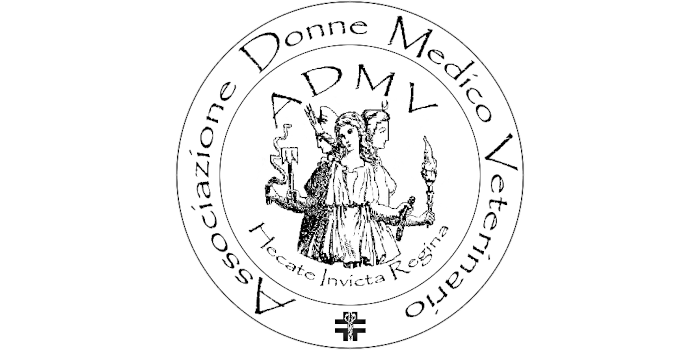SPECIAL SESSION #04
Biologging for Animal Health, Welfare and Environmental Adaptation
ORGANIZED BY
Alfonso Abecia
Universidad de Zaragoza
Asgeir Bjarnason
Star-Oddi Ltd., Iceland
SPECIAL SESSION DESCRIPTION
Biologging technologies have become essential tools to understand how animals interact with their environment, cope with stress, and maintain health and welfare under changing conditions. By continuously recording physiological and behavioral parameters such as heart rate, temperature, activity, and location, biologging allows researchers and veterinarians to assess animal responses to management practices, environmental stressors, and disease challenges.
This special session aims to explore how biologging can be used to better understand the physiological and behavioral adaptation of domestic and wild animals to their environments. Contributions may include new sensor developments, monitoring systems, field and farm applications, and studies linking biologging data with welfare assessment, disease surveillance, or conservation management.
The session seeks to gather veterinarians, animal scientists, ethologists, and ecologists to discuss methodological advances, validation approaches, data interpretation, and ethical considerations in the use of biologging for improving animal care, management, and sustainability.
TOPICS
This session invites submissions related (but not limited) to:
- Physiological and behavioral monitoring in animals;
- Welfare assessment using biologging techniques;
- Thermal and environmental stress monitoring;
- Disease detection and health surveillance;
- Conservation and ecological applications;
- Adaptation to environmental and climatic changes;
- Advances in wearable and implantable sensor design;
- Validation and standardization of biologging measurements;
- Ethical and practical aspects of biologging in research and production systems.
Session Aim:
To showcase recent advances and applications of biologging that enhance our understanding of animal physiology, welfare, and adaptation, bridging laboratory, farm, and field contexts for more sustainable and ethical animal management.
ABOUT THE ORGANIZERS
Alfonso Abecia, (PhD, Dip ECSRHM) is Full Professor of Animal Production at the Department of Animal Production and Food Science of the Faculty of Veterinary Medicine of the University of Zaragoza, and director of the Research Institute in Environmental Sciences of Aragon (IUCA). He obtained his degree in Veterinary Medicine in 1988 (Universidad de Zaragoza) and his doctorate in 1992 (same university). He spent a year and a half as a postdoctoral researcher at the Macaulay Land Use Research Institute in Aberdeen, Scotland (1992-1993). His main areas of research are the study of the relationships between nutrition and reproduction in sheep, the use of melatonin to improve lamb production, and how socio-sexual signals arise from sexual activity in sheep. It is also involved in aspects of precision farming, such as electronic identification, virtual fences, accelerometers and biologgers. He is the former president of the UEECA (Union of Spanish Entities of Animal Science), which is the association of the thirteen animal science societies present in Spain.
Asgeir Bjarnason, received his M.Sc. in Biomedical Engineering from Tampere University of Technology in 2011. He has worked on implantable measurement devices since 2008 in over 150 animal models specializing in ECG, heart rate, temperature and acceleration. From 2012 he has been the lead designer of Star-Oddi’s implantable sensor product line. An IEEE member for 15 years, author of several journal publications and has presented research in various international conferences.




